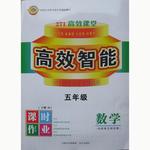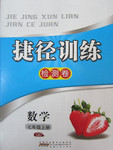题目内容
Fifteen minutes I can spare to talk over this matter with you.
| A.are that | B.is all | C.are all | D.is that |
B
解析

练习册系列答案
 高效智能课时作业系列答案
高效智能课时作业系列答案 捷径训练检测卷系列答案
捷径训练检测卷系列答案
相关题目
题目内容
Fifteen minutes I can spare to talk over this matter with you.
| A.are that | B.is all | C.are all | D.is that |
B
解析

 高效智能课时作业系列答案
高效智能课时作业系列答案 捷径训练检测卷系列答案
捷径训练检测卷系列答案